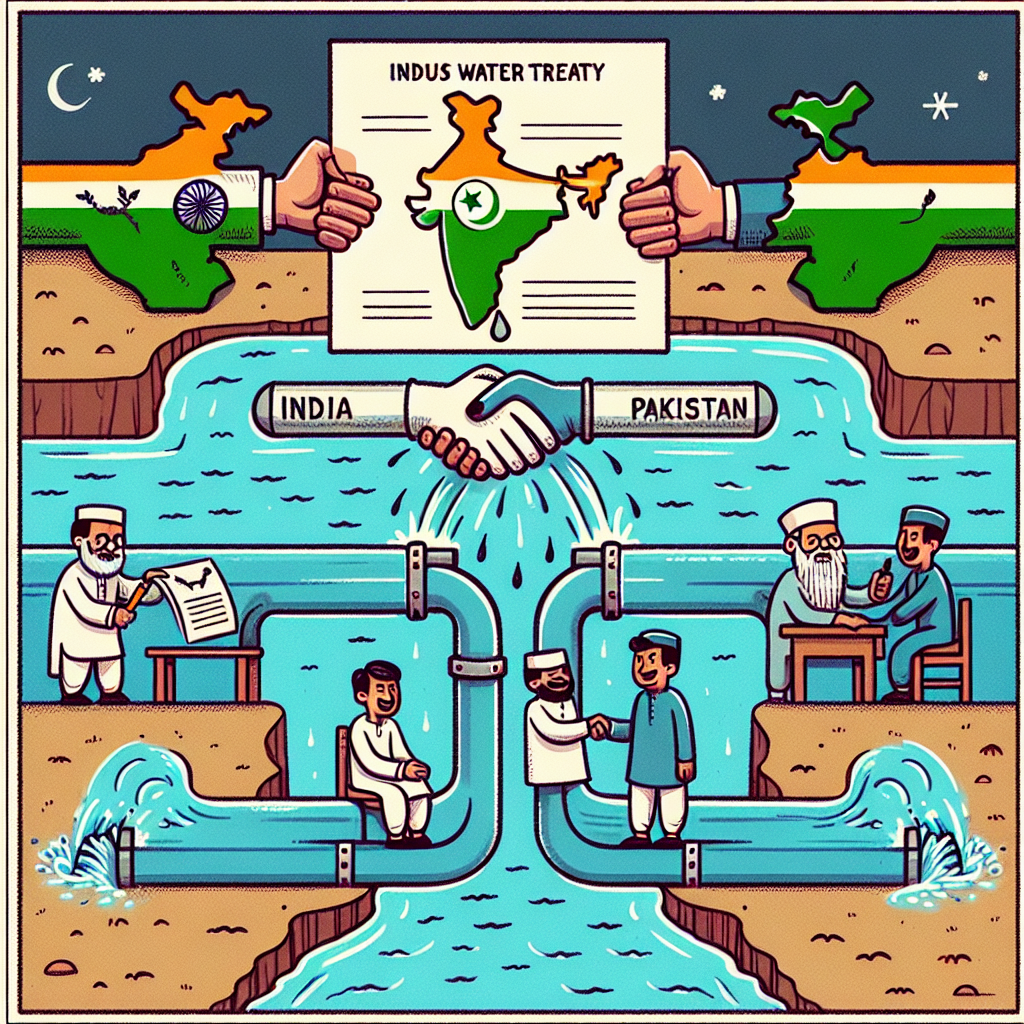Revoking the Indus Water Treaty: A Landmark Decision for India's Farmers
India has suspended the Indus Water Treaty with Pakistan following a terror attack, aiming to redirect water for irrigation in bordering states. This decision is part of the government's broader strategy to tackle terrorism and optimize water usage for Indian farmers.

- Country:
- India
In a significant move, Union Agriculture Minister Shivraj Singh Chouhan announced that the Indian government would implement plans to utilize the Indus River waters, previously part of a treaty with Pakistan, to benefit farmers. This decision comes in response to a brutal terror attack in Jammu and Kashmir's Pahalgam.
The decades-old Indus Water Treaty, established in 1960, has been suspended, marking what Chouhan called a 'historic decision' for the nation's benefit. Terming the treaty a 'historical mistake,' he highlighted that a considerable portion of Indian rivers' water was being diverted to Pakistan.
This policy change aims to redirect vital water resources to farmers in bordering states like Punjab and Haryana, enhancing agricultural irrigation. This move is also a part of India's broader strategy, under Prime Minister Narendra Modi's leadership, to combat terrorism, as evidenced by 'Operation Sindoor,' targeting terror hubs across the border.
(With inputs from agencies.)
ALSO READ
India's commitment to eliminating all sources of terrorism in Pak, PoK anchored in supreme national interest: Congress.
(Eds: Rephrasing) India's commitment to eliminating all sources of terrorism in Pak, PoK has to be anchored in supreme national interest: Congress.
Operation Sindoor: A United Stand Against Terrorism
Congress Commends Armed Forces' Firm Stand on Terrorism
India Stands United in Operation Sindoor Against Terrorism










